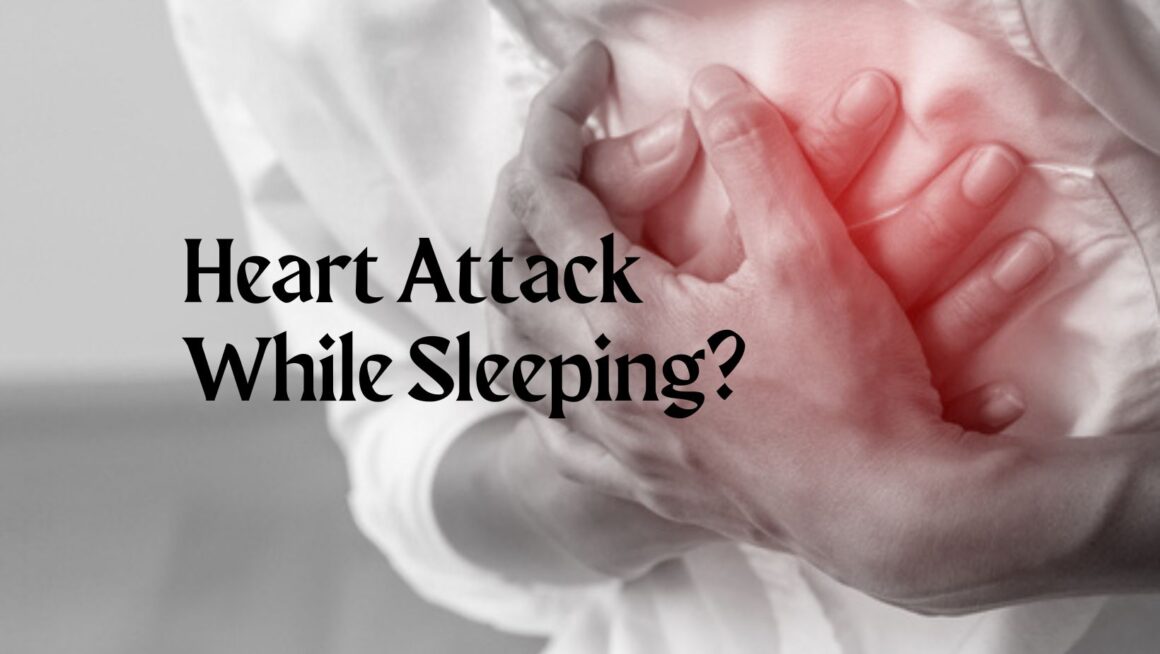New Delhi, September 28: World Heart Day serves as a global platform to raise awareness about cardiovascular health and the importance of prevention. One particular concern is the increasing prevalence of “silent heart attacks” in men, especially those in their 40s. These attacks often go unnoticed due to a lack of classic symptoms, such as chest pain. Recognizing the early warning signs can be crucial in preventing serious complications.
Symptoms of Nighttime Silent Heart Attacks
The World Health Organization (WHO) recognises cardiovascular diseases (CVD) as the leading cause of death globally. When you think of someone suffering from a cardiovascular issue, your mind immediately runs to the image of a person holding their chest tight due to pain. While chest pain is a common symptom of CVD, heart issues are often silent and can manifest over years through subtle signs that are easy to overlook.
Night Sweats
Night sweats, characterized by sudden, excessive perspiration during sleep, can be a subtle indicator of a silent heart attack. This symptom often occurs due to the body’s attempt to regulate temperature in response to underlying health issues.
Fatigue and Weakness
Unexplained fatigue and weakness, even after adequate rest, can be a sign of a developing heart problem. The body’s energy reserves may be depleted due to the heart’s inability to pump blood efficiently.
Jaw or Neck Pain
Pain or discomfort in the jaw, neck, or shoulder area, especially when accompanied by other symptoms, can be a warning sign of a silent heart attack. This pain may be mistaken for a dental or muscular issue.
Shortness of Breath
Difficulty breathing, even during mild exertion, can be a symptom of a silent heart attack. The heart may be struggling to deliver enough oxygen to the body’s tissues.
Digestive Health Problems
Indigestion, heartburn, or nausea can sometimes be early indicators of a heart attack. These symptoms may be mistaken for gastrointestinal problems.
The Dangers of Silent Heart Attacks
Silent heart attacks, while often less severe than traditional heart attacks, can still have serious consequences. They can lead to heart damage, heart failure, and even sudden cardiac death. Recognizing these early warning signs is crucial for seeking timely medical attention and preventing complications.
What Are The Risk Factors of Heart Attacks?
Several factors can increase the risk of silent heart attacks, including:
1. High Blood Pressure: Elevated blood pressure puts strain on the heart and blood vessels.
2. High Cholesterol: High levels of LDL (“bad”) cholesterol can contribute to plaque buildup in the arteries.
3. Diabetes: Diabetes can damage blood vessels and increase the risk of heart disease.
4. Smoking: Smoking damages the heart and blood vessels, increasing the risk of heart attack.
5. Obesity: Excess weight can contribute to high blood pressure, high cholesterol, and diabetes.
6. Family History: A family history of heart disease can increase an individual’s risk.
How To Keep The Heart Healthy?
The alarming rise in silent heart attacks among young adults underscores the urgent need for increased awareness and preventive measures. One can reduce the dangerous outcomes of these by recognizing the early warning signs, adopting a healthy lifestyle, and seeking regular medical check-ups, individuals can significantly reduce their risk of experiencing this silent but potentially devastating condition. It is crucial for healthcare providers and public health organizations to promote heart health education and initiatives to address this growing concern.

